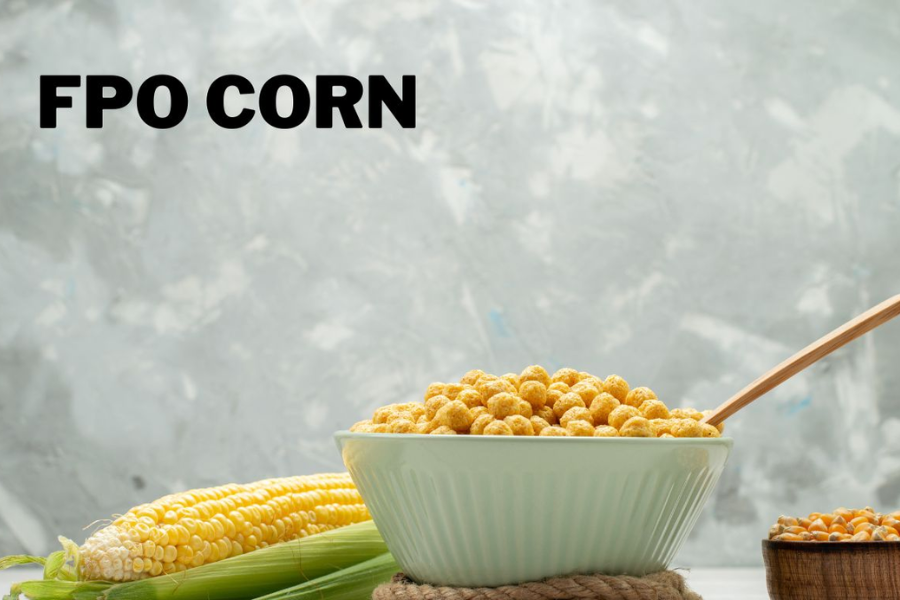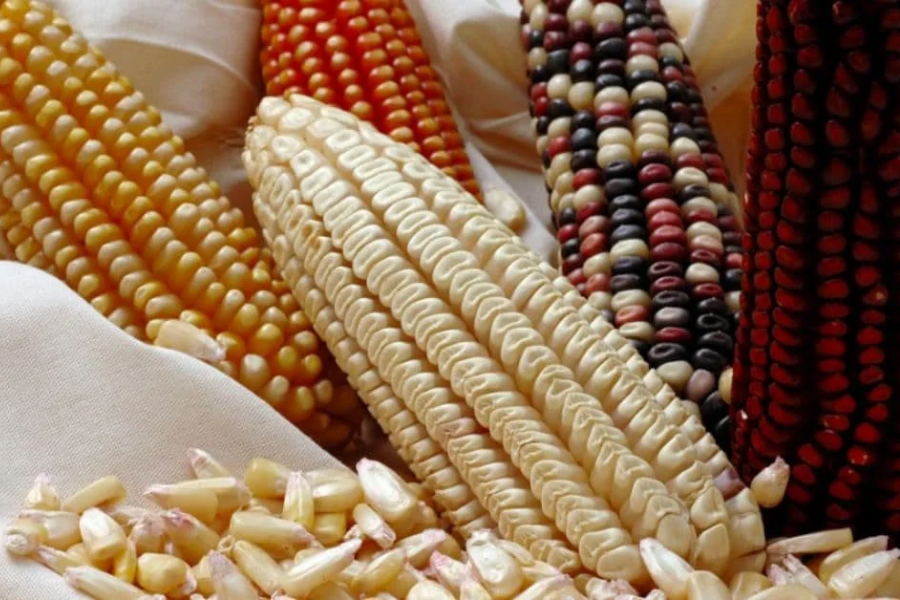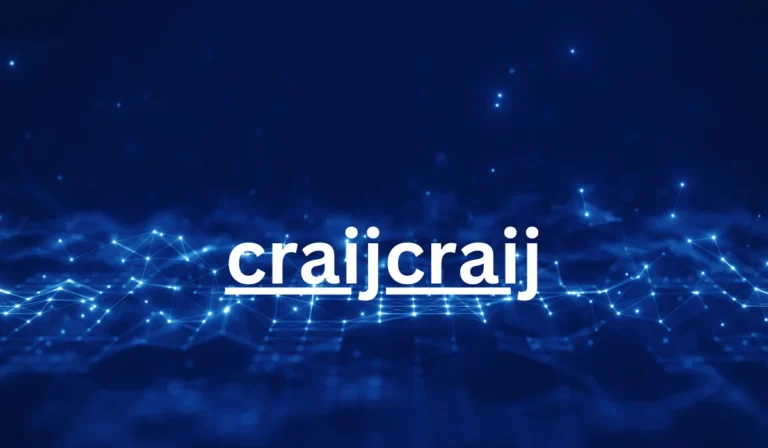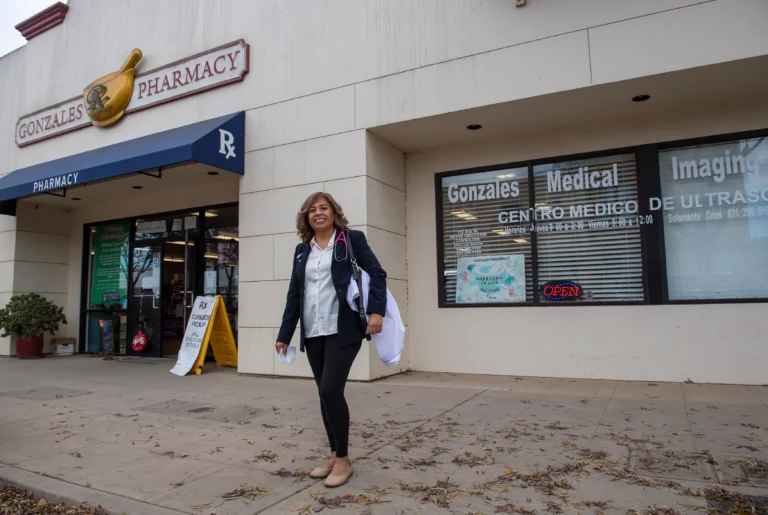FPOCorn: Empowering Farmers Through Collective Action and Sustainable Practices
Introduction
A Farmer Producer Organization (FPO) is a cooperative structure formed by farmers to capitalize on the advantages of collaboration and shared resources. These entities are officially registered and empower farmers to collectively market their produce, access wider markets, purchase inputs in bulk, and secure improved financing options. By banding together, farmers can negotiate favorable terms and achieve economies of scale that might otherwise be inaccessible to individual smallholder farmers.
FPOs: A Solution for Corn Farmers
Corn, a staple crop in numerous regions worldwide, plays a crucial role as a food source, animal feed, and raw material for industries like biofuel production. Despite its significance, corn farmers, especially those who are smallholders, frequently encounter obstacles such as price fluctuations, high input costs, limited market access, and inadequate infrastructure.
FPOCorn specifically aimed at corn production help tackle these challenges. By collaborating, corn farmers can pool their resources, exchange knowledge, and market their produce collectively. This cooperation reduces reliance on intermediaries, ensuring that farmers retain a larger portion of the profits. Additionally,FPOCorn negotiate better deals with suppliers for seeds, fertilizers, and equipment, ultimately lowering production costs.
Advantages of FPOs in Corn Farming
Enhanced Access to Quality Inputs and Technology
FPOCorn facilitate access to high-quality inputs, including certified seeds and fertilizers, at reduced prices through bulk purchasing. This arrangement allows even small-scale farmers to utilize the latest agricultural technologies, leading to increased yields and improved crop quality. Moreover, FPOCorn often offer training and capacity-building initiatives, guiding farmers in adopting sustainable practices and modern techniques, such as precision farming.
Improved Market Access and Price Stability
Market volatility presents a significant challenge for corn farmers, with prices often fluctuating due to global demand changes, weather conditions, or local supply dynamics. FPOs mitigate this risk by leveraging collective bargaining power, enabling farmers to negotiate better prices for their corn. In some instances, FPOCorn enter contracts with buyers, ensuring a more stable income for their members.
Access to Financing and Credit Opportunities
FPOCorn also assist corn farmers in obtaining financing and credit. Many smallholder farmers struggle to secure loans due to inadequate collateral or a lack of formal credit history. However, as part of an FPOCorn , farmers can benefit from group financing schemes, where the organization itself acts as collateral. They may also access loans at lower interest rates through government programs specifically designed for FPOCorn.
Value Addition through Processing
Beyond simply selling raw corn, many FPOCorn focus on value addition by processing corn into products like cornmeal, flour, or snacks. Engaging in value addition allows FPOs to capture a larger share of the value chain, thereby increasing farmers’ income.
Challenges and Future Prospects
Despite the numerous benefits that FPOCorn, they face challenges that need to be addressed. Effective governance and management are essential for the success of these organizations, with leadership, transparency, and accountability playing pivotal roles. Additionally, many regions still lack essential infrastructure, such as storage facilities and roads, which hinders the potential benefits of FPO corn production.
For FPOs to flourish, ongoing support from governments and NGOs is crucial. This support should encompass training, access to digital tools, and marketing platforms. Collaborative efforts involving stakeholders—including policymakers, private enterprises, and research institutions—can help FPOCorn reach their full potential and drive meaningful change in corn production.
FAQs:
1. What is an FPO?
An FPO, or Farmer Producer Organization, is a cooperative entity formed by farmers to leverage collective resources for better market access, shared inputs, and improved financial options. It allows farmers to work together to negotiate better prices and reduce dependency on intermediaries.
2. How do FPOs benefit corn farmers?
FPOs benefit corn farmers by providing access to high-quality inputs at discounted rates, improving market access, stabilizing prices, offering financing opportunities, and enabling value addition through processing. These benefits help increase yields and profitability for farmers.
3. What are the challenges faced by FPOs?
FPOs face several challenges, including the need for effective governance and management, ensuring transparency and accountability, and overcoming infrastructural limitations such as inadequate storage facilities and transport systems.
4. How can FPOs improve market access for corn farmers?
FPOs improve market access by pooling resources, collectively marketing produce, and negotiating better prices with buyers. They can also enter into contracts with buyers to ensure stable income for their members.
5. How do FPOs facilitate access to financing for farmers?
FPOs can facilitate access to financing by allowing farmers to benefit from group financing schemes, where the organization itself acts as collateral. They may also help farmers obtain loans at lower interest rates through government programs designed for FPOs.
6. What role do governments and NGOs play in supporting FPOs?
Governments and NGOs play a crucial role in supporting FPOs by providing training, access to digital tools, and marketing platforms. Their involvement helps enhance the capabilities of FPOs and enables farmers to realize their full potential.
Conclusion
Farmer Producer Organizations (FPOs) represent a transformative approach for corn farmers, allowing them to harness the power of collaboration for improved livelihoods and sustainable agricultural practices. By pooling resources, accessing quality inputs, and negotiating better market terms, FPOs empower smallholder farmers to navigate the challenges they face in today’s agricultural landscape. Despite existing challenges, with continued support from governments, NGOs, and collaborative stakeholders, FPOs can thrive and significantly enhance corn production, benefiting not only the farmers but also the broader agricultural economy. As these organizations grow and evolve, they hold the potential to reshape the future of farming, ensuring a more equitable and prosperous agricultural sector.







